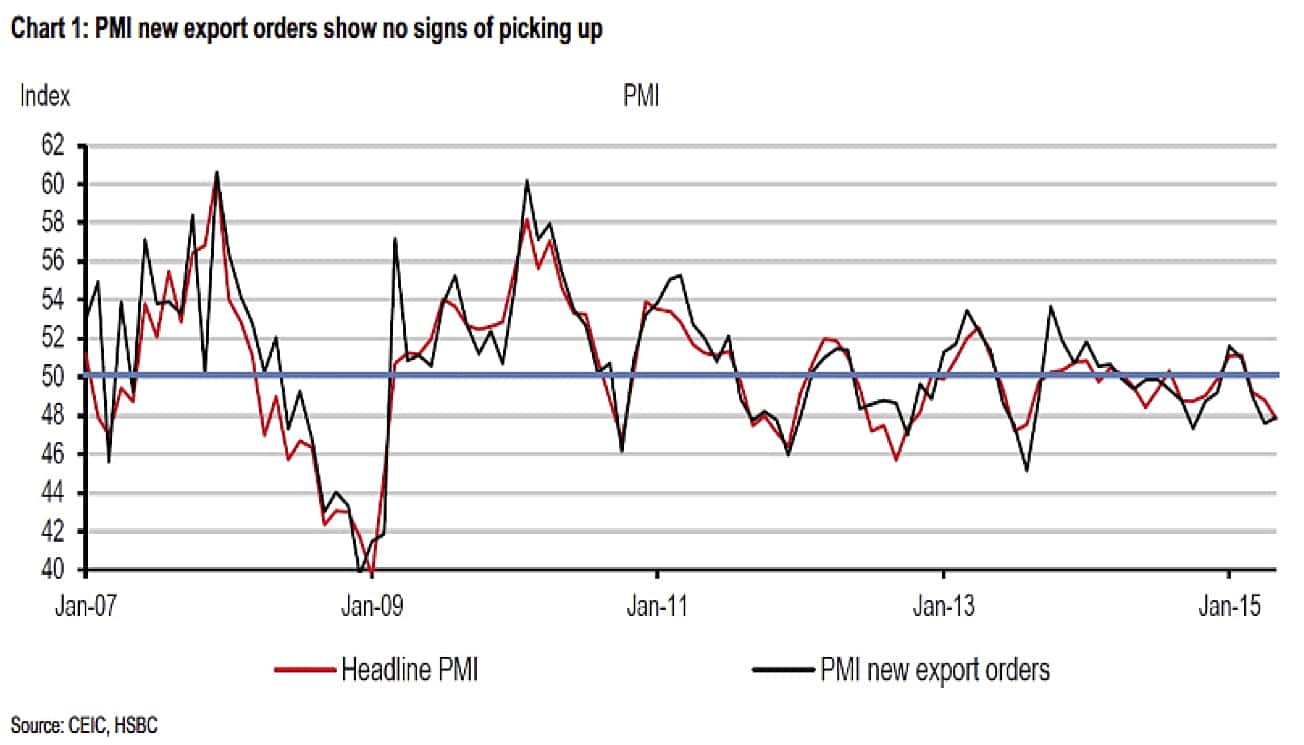In May, South Korea reported its first case of MERS (Middle East Respiratory Syndrome). The death toll had climbed to 24 as we went to press, making it the largest outbreak outside of Saudi Arabia, where the strain was first reported in 2012.

With no known cure or vaccine, Korea’s mounting death toll has sent shock waves through the country and traumatized the population. Several thousand people are now under quarantine. Aside from the human tragedy, the outbreak is having a sharp impact on the economy, forcing the Bank of Korea to cut interest rates to a new record low of 1.5% in June, with some analysts predicting a further cut to stem the economic fallout. The trouble is, the central bank’s control over the economy is limited. Corporate and consumer debt has rocketed, and any further cut would push debt up even further, hitting a population already sinking under the pressure. That concern may be secondary, however, to restoring consumer confidence, which has been badly affected by the outbreak.
Retail sales and tourism have been the sectors most negatively affected so far, but a prolonged outbreak would have significant implications for the domestic economy, with the transportation, retail and entertainment sectors looking particularly vulnerable. The outbreak comes at a difficult time for Korea’s economy—exports continue to struggle. Consumer spending has kept the economy afloat until now. (See chart).
Given the dire situation, Frederic Neumann, an economist at HSBC, sees one more rate cut this year, likely in the third quarter.



